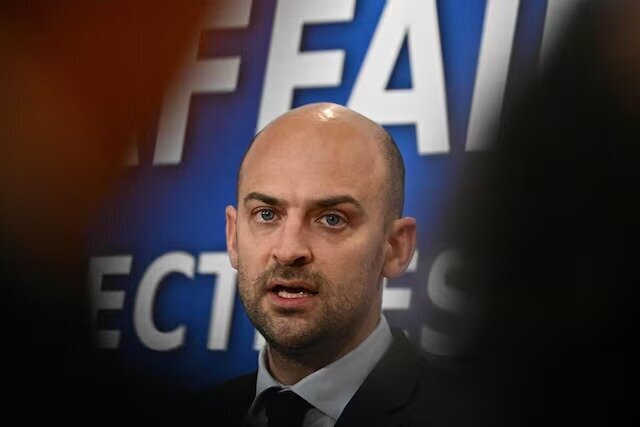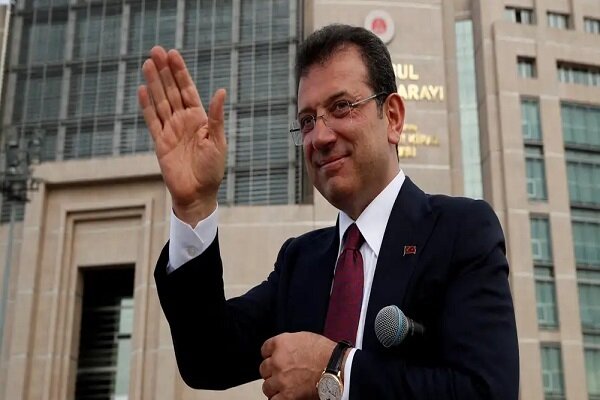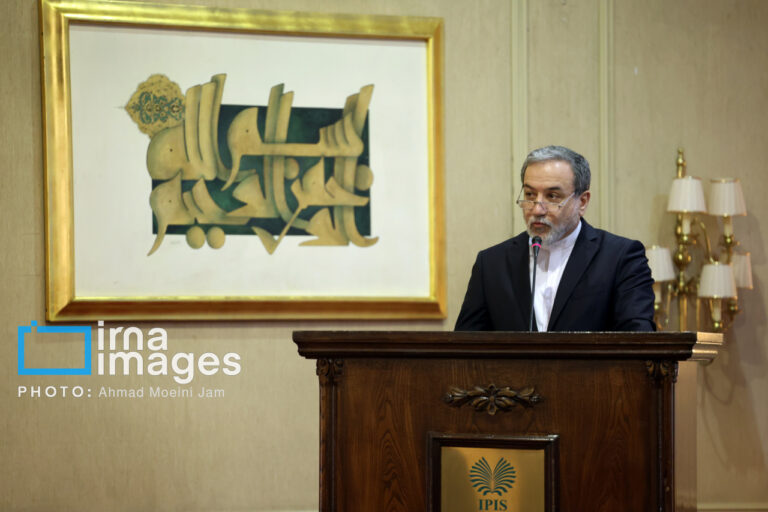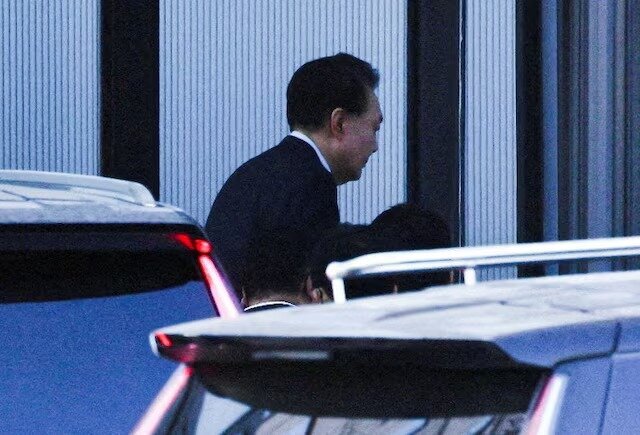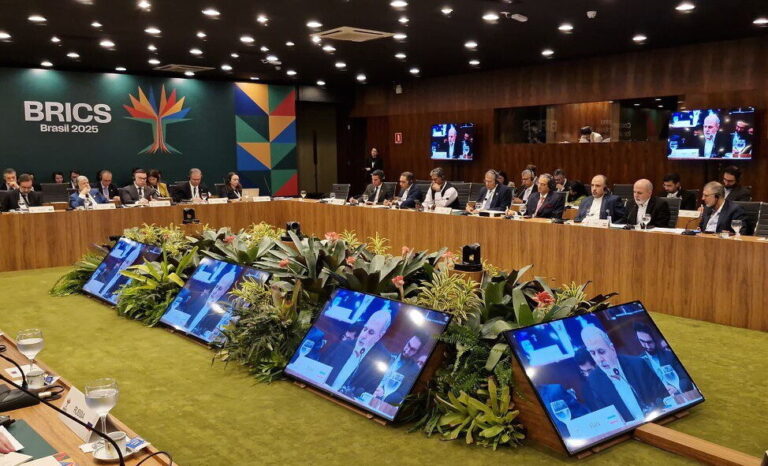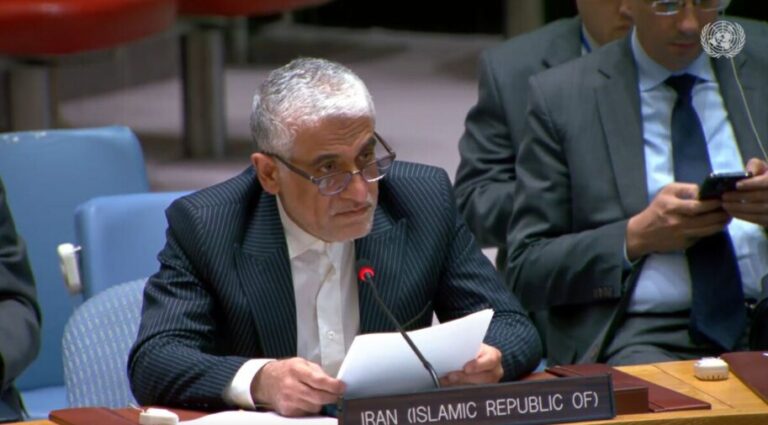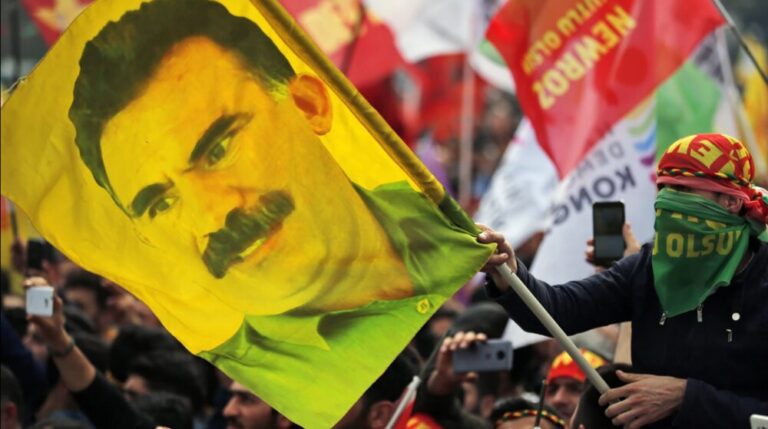Iran-US Nuclear Negotiations: Aligning with European Interests for a Sustainable Agreement
In a significant move reflecting ongoing international diplomacy, US and Iranian diplomats have commenced indirect negotiations in Oman aimed at addressing Western apprehensions regarding Iran’s nuclear program. This development underscores the importance of collaboration among global partners to ensure security and compliance with international standards.
As reported by Reuters, French Minister for Europe and Foreign Affairs, Laurent Barrot, emphasized the need for vigilance during these negotiations. He stated, “We will be vigilant, along with our British and German friends and partners, to ensure that any (US-Iran) negotiations that may take place comply with our security interests with regard to Iran’s nuclear program.” His remarks were made as he arrived for an EU foreign ministers’ meeting in Luxembourg.
Context of the Negotiations
The ongoing discussions emerge from increasing tensions concerning Iran’s nuclear ambitions, which have raised alarms in Western nations. The indirect talks in Oman signify a crucial step in addressing these concerns, with key players in the European Union closely monitoring the situation. The focus is not only on Iran’s nuclear capabilities but also on ensuring regional stability.
Key Points from the Recent Developments
- Indirect Talks in Oman: US and Iranian diplomats are currently engaged in talks aimed at easing tensions.
- EU’s Role: European partners, including France, Britain, and Germany, are actively involved in monitoring the negotiations.
- Security Interests: Barrot highlighted the necessity of aligning negotiations with EU security interests concerning Iran’s nuclear program.
- International Collaboration: The ongoing discussions reflect a broader effort among Western nations to address nuclear proliferation issues.
Importance of the Talks
The indirect negotiations are crucial for several reasons:
- Addressing Nuclear Concerns: The primary focus is to mitigate fears surrounding Iran’s potential development of nuclear weapons.
- Stabilizing the Region: Successful talks could lead to a more stable Middle East, reducing the likelihood of conflict.
- Strengthening Alliances: The collaboration between the US and European nations reinforces their commitment to collective security.
Potential Outcomes
While the exact outcomes of the negotiations remain uncertain, several potential scenarios could arise:
- Increased Transparency: Iran may agree to enhance transparency regarding its nuclear activities.
- Sanctions Relief: If progress is made, there could be discussions around easing sanctions imposed on Iran.
- Diplomatic Engagement: A successful negotiation process could lead to further diplomatic engagement between Iran and Western nations.
As the situation unfolds, it is essential for all parties involved to approach the negotiations with a commitment to dialogue and understanding. The stakes are high, and the international community is watching closely.
Conclusion
The indirect talks between US and Iranian diplomats in Oman mark a pivotal moment in addressing the longstanding concerns regarding Iran’s nuclear program. With the EU actively involved and emphasizing the need for security compliance, the outcome of these discussions could have far-reaching implications for global security and diplomatic relations. As we await further developments, one thing is clear: the path to resolution will require careful navigation and a willingness to engage in constructive dialogue.
In summary, the ongoing negotiations reflect a concerted effort by Western nations to ensure that Iran’s nuclear aspirations are kept in check while fostering an environment conducive to peace and stability in the region.
